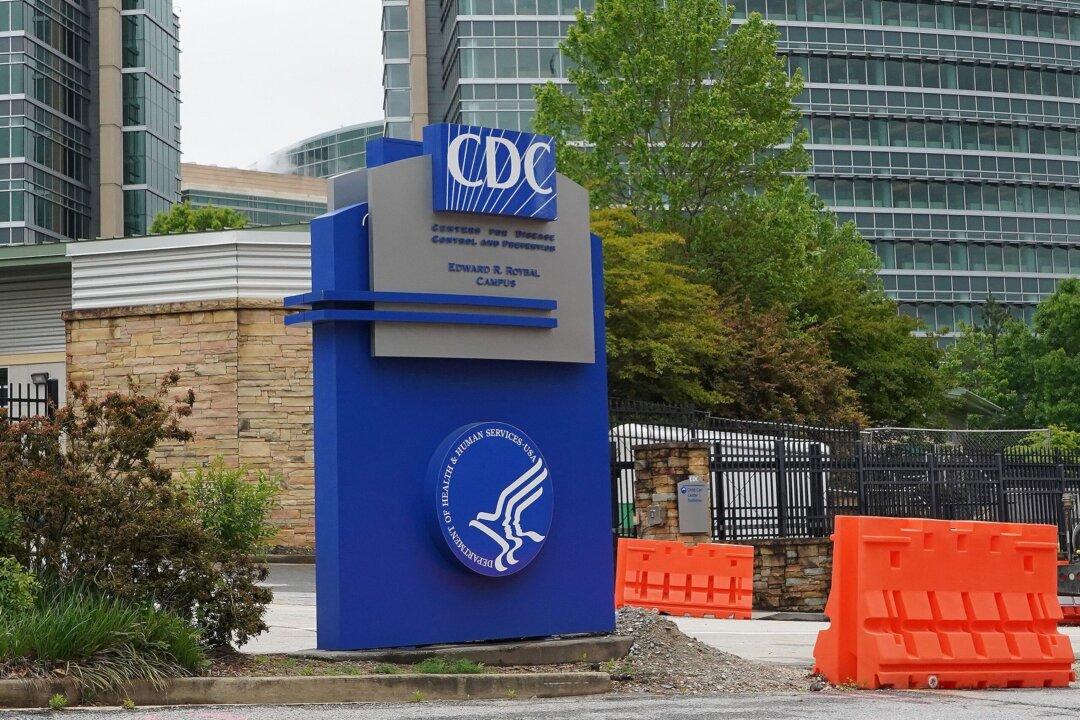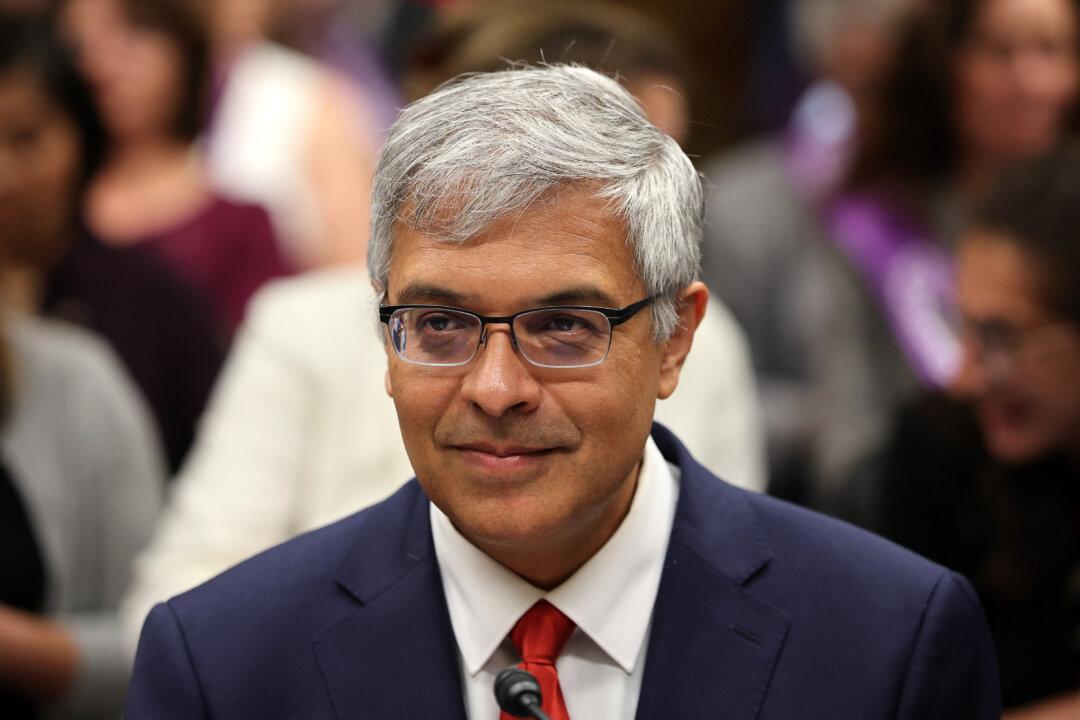People with weakened immune systems are now advised to get four shots of a COVID-19 vaccine in a time period that may be as short as 140 days.
The updated recommendation from the Centers for Disease Control and Prevention (CDC) suggests that individuals who are moderately or severely immunocompromised get a primary series of Moderna or Pfizer’s COVID-19 vaccine and an additional dose as early as 28 days after the second dose.





